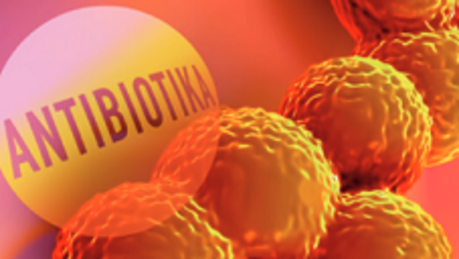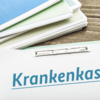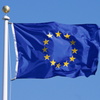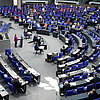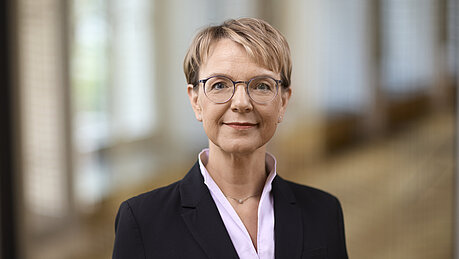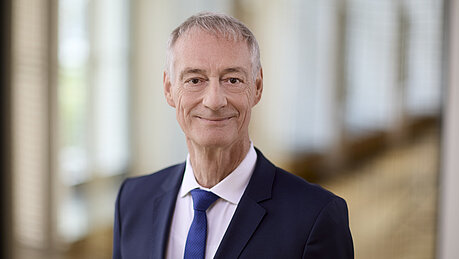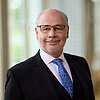“Germany to remain driver of strong global health governance“
Argentina assumes G20 Presidency
On 1st December 2017, the German Government is handing the baton of the G20 Presidency to Argentina. Establishing a new priority area, the Federal Government had put global health on the agenda of the 20 major industrialised and emerging economies for the first time ever.
Together with our G20 partners, we have made great strides this year in our fight against health crises and the global threat that is antimicrobial resistance. And Germany will continue to be a driver of a strong global health policy – providing expertise, assistance to countries that are facing an emergency and more than 860 million euros per year towards global health. Moreover, we are going to draft, together with international health experts, a concept for a strong global health policy and will deepen our cooperation with NGOs, scientific institutes and companies in an effort to make even better use of the rich body of experience we have in Germany. It is good to know that Argentina has pledged to persevere in the efforts to advance world health during its G20 Presidency.
Within the framework of Germany’s G20 Presidency, global health has become a fixture on the G20 agenda. 2017 saw the first-ever specific Meeting of G20 Health Ministers. Adopted at this G20 Health Ministers‘ Meeting, the Berlin Declaration calls for robust and resilient health systems as the basis for quality care, universal health coverage and the effective management of health crises. “To achieve these goals, we must continue to strengthen research and development in the context of international cooperation”, stressed Federal Minister of Research Johanna Wanka. “By consistently putting research findings into practice, we can prevent health crises and push back against antimicrobial resistance.“
Federal Minister of Development Gerd Müller emphasised: “Within a mere few weeks, disease outbreaks and epidemics in developing countries can reverse the achievements of decades. This is why we promote strong health systems in our partner countries: When all people have access to health care, we can do a much better job at protecting lives and fighting epidemics such as Ebola or Cholera. Therefore, it is a major achievement that we, as G20, have joined forces to advance the strengthening of health care systems.“
The public health priorities of Germany’s G20 Presidency were the improved management of global health crises, intensified support for weaker countries in building national health systems as well as much-needed international efforts in the fight against escalating antimicrobial resistance (AMR). The G20 Health Ministers‘ Meeting also included a health emergency exercise to rehearse the outbreak of a serious cross-border disease. The extensive package of resources developed for this purpose can be accessed online to enable other interested parties to adjust the exercise to their needs (G20 emergency simulation exercise).
All of the G20 countries have promised to have the implementation of National Action Plans on antimicrobial resistance (AMR) well underway by the end of 2018, to make antimicrobials prescription-only and to incentivise research. At the same time, the efforts to support resource-poor countries are being expanded – this also includes the access to affordable medicines. The G20 endorse the strong role of WHO in responding to health emergencies and setting up relief operations. Germany has come out strongly in favour of raising the mandatory (assessed) contributions to WHO. A three per cent increase was approved at this year’s World Health Assembly. On top of that, moreover, the Federal Ministry of Health has stepped up its voluntary contribution from five to 35 million euros.
To drive the research and development of new antimicrobials, the G20 Heads of State and Government decided to set up a global platform for the research and development (R&D) on antimicrobial resistance (AMR). Known as Global AMR R&D Hub, it is currently under joint development by 20 countries, international organisations and foundations. In addition, Germany joined other partners in increasing the funding of the Global Antibiotic Research and Development Partnership (GARDP) to more than 56 million euros. Altogether, Germany is sponsoring global health with upwards of 860 million euros from Federal budget funds. This makes Germany the world’s third-largest single-State donor to health.
Additional information
-
G20 Health
Overview on health-related topics during the German G20 Presidency
-
Antibiotic resistance
Article on research regarding antibiotic resistance on the website of the Federal Ministry of Education and Research





